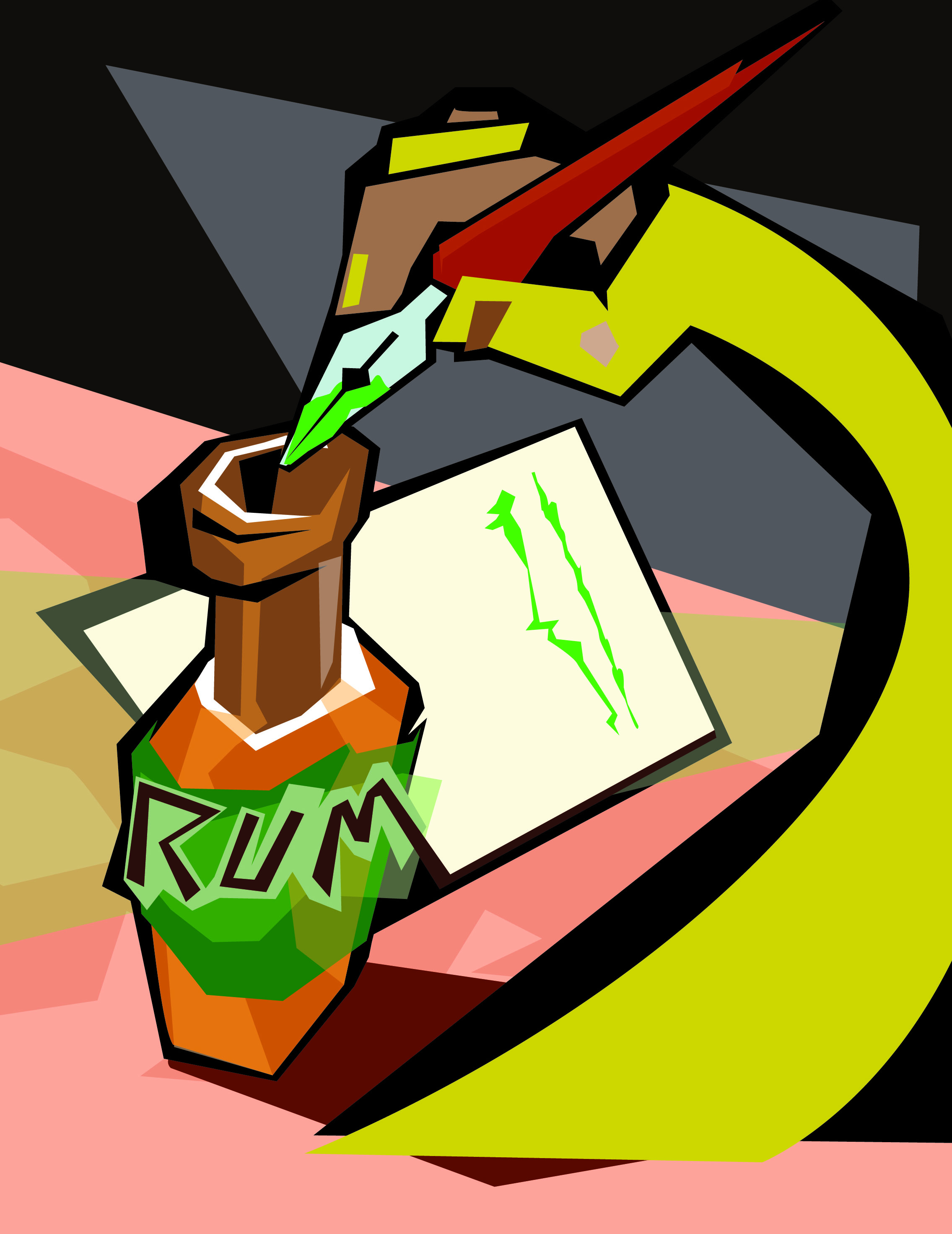Jonathan Ball is a writer, a filmmaker and scholar, but mostly, he’s a writer. The author of two quite successful recent books, Ex Machina and Clockfire and innumerable other things, he teaches writing at the University of Manitoba and University of Winnipeg. The Manitoban sat down with Ball to discuss his work and the craft of writing.
Ex Machina and Clockfire have earned Ball a reputation as a poet, but he doesn’t see these books as poetry. “Most people would consider me a poet, because I’ve done two books of so-called poetry,” he said, ”even though I tend to think of them as just being in a kind of in-between space.”
“I just think of myself as a writer,” he said. “I actually consider myself a writer of horror and comedy. [But] because I use fairly unconventional techniques, I don’t think that that relationship is obvious to anyone.”
Much of Ball’s time is now spent helping others with their writing. In addition to teaching, he edits and has written several instructional articles on the craft, available on his website. Ball rejects the belief that good writing must come from inspiration. “I think it’s entirely teachable,” he said. “Writing is no different than carpentry in a certain fundamental way. If you want to be a good writer, then you have to just write words.”
According to Ball, romantic ideas like the notion that writers ought to be inspired have a widespread following. “There are a couple ways that people approach creative writing in recent history [ . . . ] that I think are somewhat damaging,” he said. “One is the idea that one needs to develop one’s own style, which I don’t believe in. The style should be dictated by the project. To the degree that you want to try to do something interesting and unique or not simply be reproducing the clichés of other writers, that’s valuable.”
“What happens often with writers, whether they’re aspiring writers trying to work, or established writers entering declines, they’ll just decide on some style — decide they want to be this type of writer — and they’ll keep working towards that. And they’ll try to apply this style, regardless of the idea.”
He also casts into doubt the phenomenon of writer’s block. “I think that writer’s block is ridiculous,” he said. “It’s an absurd notion. If you’re not writing, then the cure is to write something. You might write garbage, but unless you have a mental illness that prevents you from writing, there’s no reason for you to have writer’s block. The most important thing about writing is working.”
While the importance of hard work in writing is underestimated according to Ball, he believes the importance of talent is exaggerated. “The idea that you should write when you’re inspired,” he said, “that you have to have talent — talent’s great to have, and you can walk around with talent all you want, but it doesn’t mean that you will do or have done anything of value. Unless you actually sit down and work, talent’s not going to get you anywhere. “
Part of the work that must be put into good writing is education, according to Ball. “I think, generally speaking, having a good grasp of theory and having a vocabulary and a conceptual understanding of different concepts can only help,” he said.
However, a lot of education can be a double-edged sword. “I’ve seen it hurt people where they get too wrapped up in theory and they start to deploy theory in their writing and basically end up writing poetry and short stories that resemble bad essays,” he said.
Overall, though, Ball said education is helpful for a writer. “The hardest thing about writing is to gain an objectivity about the work that you’ve written and think of ways to change it and make it better or different,” he said. “Theory is helpful in that regard.”
Ball’s attitude towards writing is summarized nicely in his statement, “I think inspiration is, at best, unreliable and at worst, pointless misdirection.”



